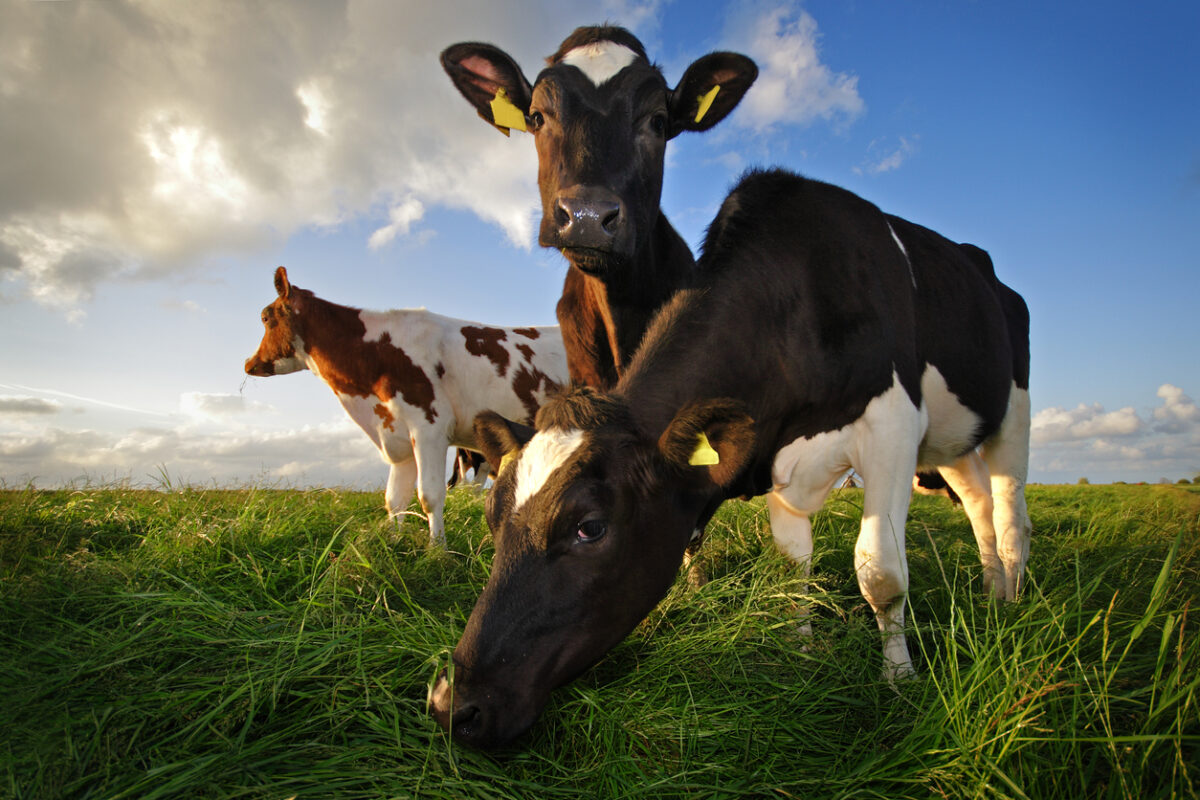New platform being developed for storage of Defra environmental data

Agri-food data company Agrimetrics and satellite communication service Telespazio UK have been appointed by the Department for Environment, Food and Rural Affairs (Defra) to develop a new platform for the collection of environmental data in the UK.
The Data Services Platform – DSP3, which builds on the existing DPS2, will allow UK farmers, organisations, and the food supply chain to access Defra’s environmental data to help them make more sustainable choices while also saving time and money, said Agrimetrics. The platform is expected to launch in June 2023.
DSP3 will use the existing Agrimetrics Data Marketplace to make thousands of datasets accessible to the public, to help Defra deliver the Government’s 25 Year Environment Plan, which aims to improve water quality and protect threatened plants, trees and wildlife species in the UK. Agrimetrics will work with Defra’s partners to make sure the platform is tailored to their needs in advance of the switchover to DSP3.
Through the partnership, Agrimetrics will host Defra’s environmental data which comprises more than 4,500 datasets across 30 applications and APIs. It will feature a range of datasets on issues it deems to be “nationally critical”, including flood risk, drinking and bathing water quality, fish populations among many others.
Agrimetrics CEO, David Flanders commented on Defra’s appointment in a statement: “Agrimetrics are committed to linking environmental data with business decisions to reduce and reverse our global impact on the environment.
“We’re excited that our proprietary platform has been chosen to unlock the potential of Defra’s rich data for public use. We firmly believe we can create the place to go for environmental data in the UK.”
At an Oxford Farming Conference breakfast session, Agrimetrics Director and CCO, Rebecca Geraghty explained how data-driven technologies would help to tackle many of the challenges faced by the Agri-food sector, including soil erosion, yield plateau and supply chain efficiency. She said: “Too much data still remains locked away, underused and static – it’s a critical yet untapped asset, often hugely valuable in the learnings it can bring.”
Agrimetrics already works with several companies worldwide, giving them access to its Agri-food Data exchange link, which organises and shares thousands of rich datasets. It says it aims to link environmental data with business decisions to reduce a company’s impact on the environment. Its data catalogue and data marketplace host a range of data on soils, water, weather and field boundaries, crop analytics and pesticides and fertilisers.
The business has worked on projects in 24 different countries, holding relationships with Airbus and BASF, the Universities of Reading and Oxford, as well as Defra, and has worked in partnership with cross border organisations including Deloitte Digital, Telespazio, and Microsoft.
A range of agricultural projects have been completed with the help of Agrimentrics’ data platform, such as:
- ForestMind: which connects satellite imagery, isotopic analysis and supply chain data to help retailers trace which products have been produced using deforestation.
- WHen2g0: a smart water stewardship tool launched by BASF Agricultural Solutions UK, which connects data from Defra, The Met Office, Environment agency and Agrimetric’s field boundary data to advise farmers on when to spray and better manage their oilseed herbicide use.
- Regenagri: an international regenerative agriculture initiative aiming to support farmers and companies in their transition to more holistic farming, to improve soil health, water and energy management, biodiversity, and turn farmed land into carbon sinks. Over 100 global farming companies have achieved Renagri certification, which the organisation says amounts to 608,654 hectares of land.
Commenting on the news, Geraghty told Food Matters Live: “We’re really passionate about this project – it’s what we call ‘critical infrastructure’, because it is going to be key for businesses to make the step-change we all want to make in improving environmental impact.
“Working with small to large businesses, supporting inclusivity and making sure they know this service is available is part of our role. We will help present the data in a way that businesses will be able to effectively leverage as they innovate to develop more environmentally sustainable supply chains.”
She concluded: “Data-driven insights are vital to businesses and their environmental performance. The benefits of data-sharing are becoming increasingly understood, and it is really positive to see the number and variety of companies that want to innovate their practices by using environmental data insights.”
First founded in 2014, Agrimetrics is one of four UK agri-tech centres launched with initial public funding provided by Innovate UK – the national innovation agency.









